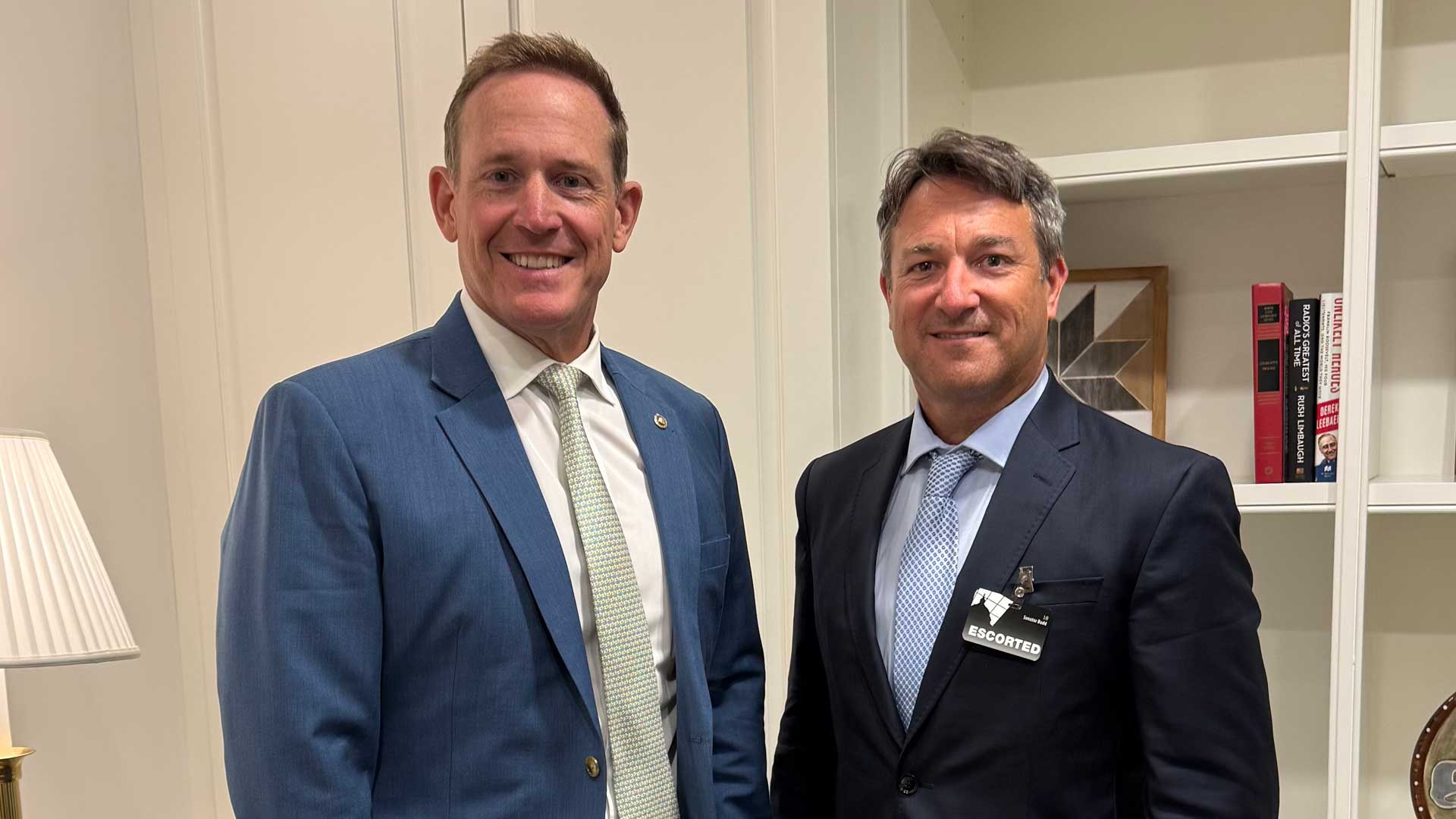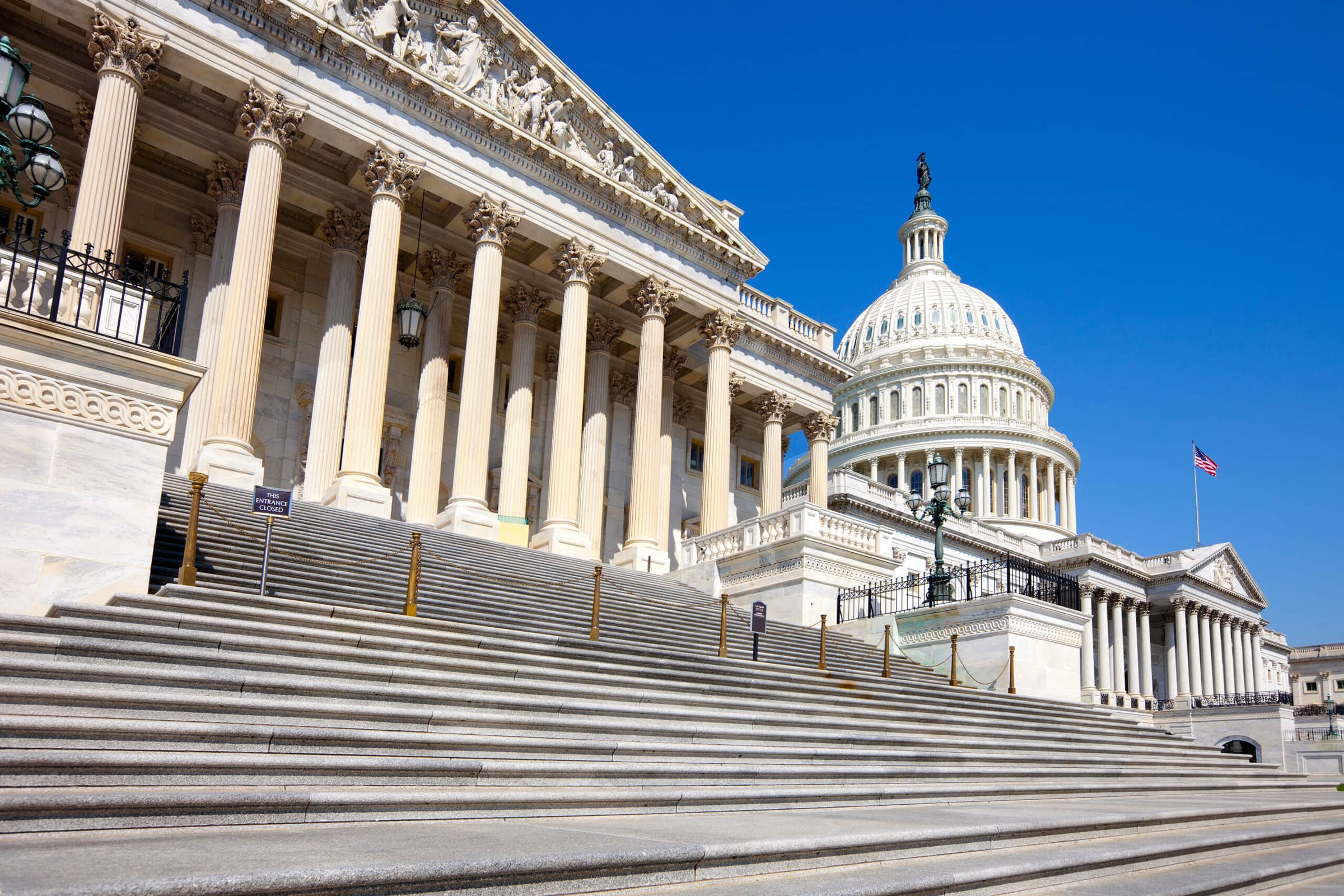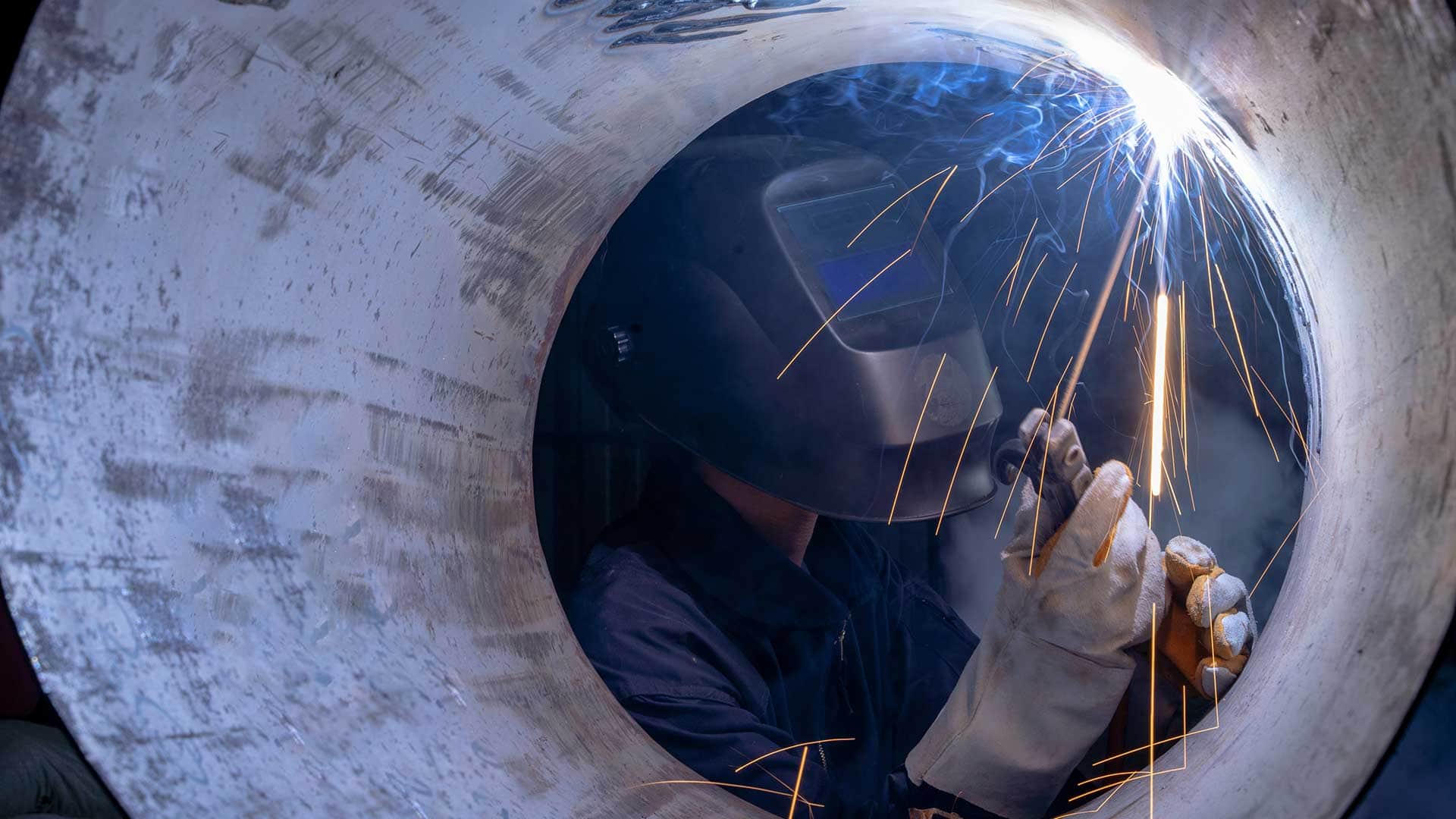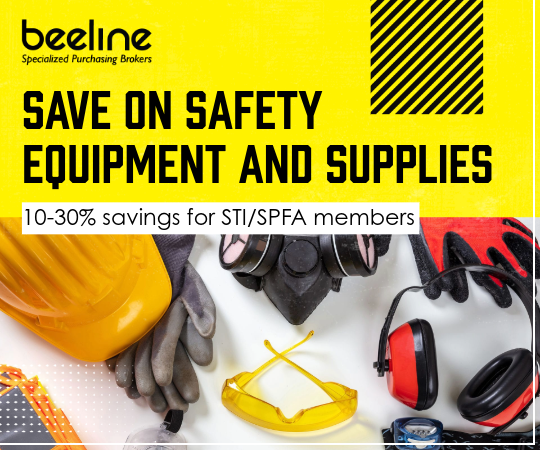On Tuesday, July 22, and Wednesday, July 23, the STI/SPFA leadership, member companies, and the Vogel Group traveled to Washington, D.C., for our annual fly-in. The goal was to meet face-to-face with lawmakers and ensure the voice of American steel fabricators is heard loud and clear on the issues that affect our ability to compete and thrive.
Nikhil Dhingra with the Vogel Group and I hit the ground running with a full schedule of meetings across both the House and Senate. Over the two days, I met with the following offices:
- Rep. Richard Hudson (R-NC) with Legislative Assistant Stephen Sisel
- Rep. Greg Murphy (R-NC) with Legislative Assistant Adam Littleton
- Rep. Deborah Ross (D-NC) with Senior Legislative Assistant Puj Adusumilli
- Rep. David Rouzer (R-NC) with Legislative Director Bubba White
- Senator Thom Tillis (R-NC) with Flynn Marron
- Senator Ted Budd (R-NC) with Marylou Cooke
- Rep. Alma Adams (D-NC) with Legislative Director Marie Gualtieri
- Rep. Brad Knott (R-NC) with Legislative Director Megan Gallagher
- Rep. Pat Harrigan (R-NC) with Legislative Assistant Thomas Rigali
These were not just quick introductions. Each meeting gave us the chance to dive deep into the realities we face as American manufacturers. We shared specific stories from our industry, including examples where heavily subsidized countries like China and South Korea can export finished products into the United States at prices lower than our raw material costs to produce the same goods domestically. These are not abstract trade policy talking points. These are the day-to-day competitive pressures that threaten the future of our businesses and the livelihoods of American workers.
That is why one of our top priorities was supporting the continuation of Section 232 and 301 tariffs. These tariffs help level the playing field by countering the effects of unfair foreign subsidies and protecting domestic producers from being undercut. Without them, the consequences for United States manufacturers could be severe with lost contracts, closed plants, and fewer opportunities for the next generation of skilled tradespeople.

Sen. Ted Budd (NC) with Jon Ward, Ward Vessel and Exchanger (right)
We also spent significant time discussing workforce development. The skilled trades are the backbone of manufacturing, yet across the country we face a growing shortage of welders, fitters, machinists, and other hands-on professionals. This shortage is not due to a lack of good careers in the trades, but rather a lack of awareness, visibility, and cultural emphasis on these opportunities.
For too long, young people have been told that a four-year college degree is the only path to success. Meanwhile, the trades offer competitive wages, excellent benefits, and the chance to work on projects that make a tangible impact on our communities and infrastructure. We need to change the narrative by partnering with schools, trade programs, and community organizations to show students that a career in manufacturing is not just viable, it can be rewarding, stable, and full of opportunity for advancement.
Making the trades more appealing means modernizing training facilities, offering apprenticeships that pay while you learn, and highlighting real success stories from people in our industry. It means showing high school students that these are not fallback jobs, they are essential careers that combine skill, technology, and pride in craftsmanship.
Lastly, we addressed the need for an SLFRF deadline extension to ensure critical water infrastructure projects can be completed without unnecessary delays caused by arbitrary funding deadlines.
Every lawmaker and staffer we met with listened, asked thoughtful questions, and recognized the importance of protecting and growing American manufacturing. The relationships built in these conversations will help keep our concerns on the table as future policy decisions are made.
I left D.C. encouraged. These conversations matter not just for our companies, but for the entire network of suppliers, workers, and communities that depend on strong, fair, and resilient American manufacturing. Together, we are working to build a stronger future for our industry and our country.
Post Category
- News Article
Topic
- Advocacy
- Infrastructure
- Tariffs
- Workforce Development
Published Date
September 2, 2025
Byline





